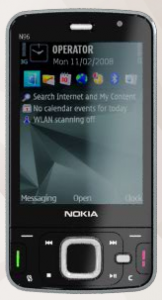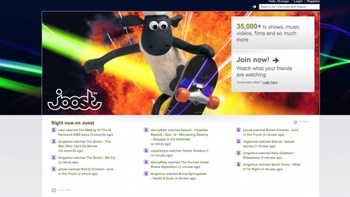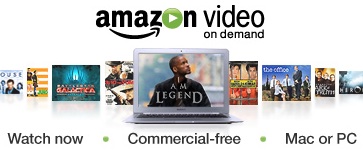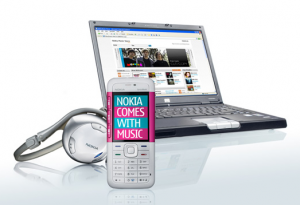 Erik Huggers is the BBC’s Director of Future Media and Technology. Although a more apt title for himself, along with predecessor, Ashley Highfield, would be Director of Future License Fee Justification. That’s because the BBC, which is funded by British tax payers, is doing more than most broadcasters to stay relevant as we move towards a future where viewers want to watch ‘television’ on their own terms: from anywhere, on-demand and on the device of their choice.
Erik Huggers is the BBC’s Director of Future Media and Technology. Although a more apt title for himself, along with predecessor, Ashley Highfield, would be Director of Future License Fee Justification. That’s because the BBC, which is funded by British tax payers, is doing more than most broadcasters to stay relevant as we move towards a future where viewers want to watch ‘television’ on their own terms: from anywhere, on-demand and on the device of their choice.
Enter the BBC’s catch-up service, iPlayer, which streams the public broadcaster’s content to Windows PCs and Macs, Nintendo’s Wii, Apple’s iPhone and iPod touch, along with Virgin Media’s cable TV service. A download version is also available for Windows-only.
And just today, the BBC and Nokia announced that a streaming and download version of iPlayer will soon be available for the mobile phone maker’s yet-to-be-released N96 handset. Continue reading »


 Say goodbye (and good riddance) to Amazon Unbox and say hello (and welcome) to Amazon Video on Demand.
Say goodbye (and good riddance) to Amazon Unbox and say hello (and welcome) to Amazon Video on Demand. For those that have been off-line for the last few days and without access to a television or other forms of old media, Google has announced and released the first version of its own web browser called Chrome (see
For those that have been off-line for the last few days and without access to a television or other forms of old media, Google has announced and released the first version of its own web browser called Chrome (see  Nokia’s all-you-can-eat music subscription service, will launch first in the UK next month, but the real news is the lack of carrier support. Instead, Comes With Music will be offered on a pre-pay handset only, the slightly dated Nokia 5310 XpressMusic, sold exclusively through Carphone Warehouse, the same retail chain who in conjunction with 02 have partnered with Apple to sell the iPhone.
Nokia’s all-you-can-eat music subscription service, will launch first in the UK next month, but the real news is the lack of carrier support. Instead, Comes With Music will be offered on a pre-pay handset only, the slightly dated Nokia 5310 XpressMusic, sold exclusively through Carphone Warehouse, the same retail chain who in conjunction with 02 have partnered with Apple to sell the iPhone.

 The choice of name says it all: Android Market, not Android Store.
The choice of name says it all: Android Market, not Android Store.